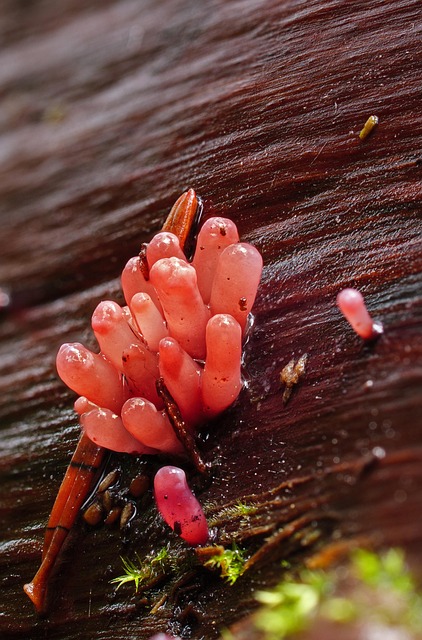For Seguin homeowners addressing mold concerns, a clear distinction between mold remediation and mold inspection is crucial. While both are essential for maintaining indoor air quality, they serve different purposes. Inspection involves visual assessments, sampling, and specialized equipment to identify mold type, extent, and location. Remediation focuses on removing existing mold, cleaning affected areas, and preventing future growth. Homeowners should understand these differences to make informed decisions, especially when dealing with extensive or hidden mold growth, where professional expertise is recommended for accurate identification, assessment, and safe remediation.
In Seguin homes, addressing mold issues is crucial for indoor air quality and occupant health. Understanding the distinction between mold remediation and inspection is essential for Seguin homeowners. While remediation focuses on eliminating mold growth, inspection identifies and assesses the extent of contamination. This article delves into the process of mold inspection and air quality testing, guiding Seguin residents on when to consult professionals for effective mold management. Learn about mold remediation vs. mold inspection to make informed decisions regarding your home’s health.
- Understanding Mold Inspection and Air Quality Testing
- The Difference Between Mold Remediation and Inspection
- When to Consult a Professional for Mold Issues in Seguin Homes
Understanding Mold Inspection and Air Quality Testing

Mold inspection and air quality testing are essential processes for Seguin homeowners looking to ensure a healthy living environment. While both are crucial, they serve distinct purposes in the context of home maintenance. Mold remediation focuses on the removal of mold growth from a property, addressing the source of moisture that caused it to flourish. This is typically undertaken by professionals who use specialized equipment and products to decontaminate affected areas.
On the other hand, air quality testing measures the levels of various pollutants, including mold spores, in the indoor air. It helps identify potential sources of air contamination and assesses whether remediation efforts have been effective. Unlike mold inspection, which visually examines visible signs of mold, air quality testing provides quantitative data on airborne contaminants, offering a more comprehensive understanding of the home’s overall air quality.
The Difference Between Mold Remediation and Inspection

For Seguin homeowners facing potential mold issues, understanding the distinction between mold remediation and inspection is crucial. While both are essential aspects of addressing indoor air quality concerns, they serve different purposes. Mold inspection involves a thorough assessment to identify the type, extent, and location of mold growth within a property. It includes visual inspections, sampling, and using specialized equipment to detect even hidden or hidden-in-plain-sight mold. This process helps determine if mold is present and guides further actions.
In contrast, mold remediation focuses on removing mold and restoring the affected areas. Once a thorough inspection identifies mold growth, professionals can devise a remediation plan tailored to the specific type of mold and extent of contamination. Remediation involves methods such as cleaning, decontaminating, and removing contaminated materials, ensuring that the environment is safe and free from mold hazards. The ultimate goal is to restore the property’s air quality and prevent future mold growth.
When to Consult a Professional for Mold Issues in Seguin Homes

If you suspect mold in your Seguin home but aren’t sure where to start, it’s crucial to understand the difference between mold remediation and inspection. While mold remediation involves actively removing and treating mold growth, a mold inspection identifies the source, extent, and type of mold present. Homeowners might choose to conduct a basic visual inspection themselves, especially for minor or isolated incidents. However, when mold issues are extensive, hidden behind walls, or you’re unsure about your health risks, consulting a professional is essential.
Professional mold inspectors in Seguin have the specialized equipment and expertise to accurately assess the situation. They can detect even minute mold traces, pinpoint water intrusion sources, and provide detailed reports with recommendations for safe remediation. This is particularly important because improper handling of mold can lead to further contamination and health issues. Therefore, for severe cases or when buying/selling a home, professional assistance is recommended to ensure thorough evaluation and effective, safe mold remediation.
For Seguin homeowners concerned about mold, understanding the distinction between mold remediation and inspection is key. While remediation focuses on addressing and eliminating existing mold issues, inspection involves identifying and assessing potential problem areas. Knowing when to consult a professional for mold inspections or remediation ensures your home’s air quality and safety. For many, a professional’s expertise is crucial in navigating the complexities of mold-prone environments, especially when it comes to ensuring optimal indoor air quality for Seguin families.
